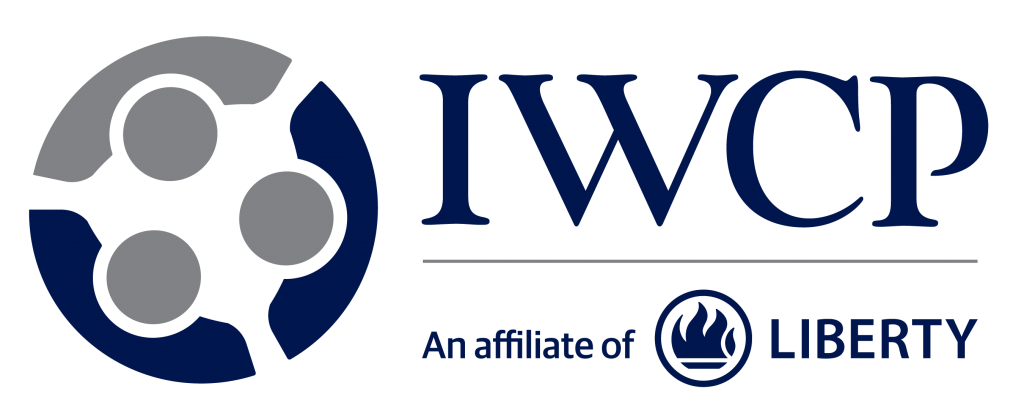Why People Insure Their Assets and Not Themselves: Unpacking the Psychology of Insurance
Insurance is a fundamental part of modern life. Whether it’s protecting a car, home, or valuable possessions, people regularly invest in insurance policies to safeguard their assets. However, it’s curious to note that while individuals are willing to insure their belongings, they often hesitate when it comes to insuring themselves. We explore the psychology behind this phenomenon and why people prioritize asset protection over self-insurance, as well as the risks associated with not insuring oneself.
1. Tangibility and Ownership
One of the primary reasons people opt to insure their assets over themselves is the tangible nature of possessions. Humans have an innate tendency to value physical belongings more than abstract concepts, such as personal health or life insurance. When you buy a car or a house, you can see and touch these items, making them feel more real and valuable. In contrast, insurance for oneself often involves more abstract notions like life or health coverage, which may not be as concrete in people’s minds.
Risks of Not Insuring Oneself:
Financial Risk: Without adequate health or life insurance, individuals are exposed to substantial financial risks in the event of a medical emergency or the premature death of a breadwinner. Medical bills or funeral expenses can quickly deplete savings or leave loved ones in financial distress.
2. Emotional Attachment:
Emotional attachment to belongings also plays a crucial role in this decision. People often have strong emotional ties to their possessions, whether it’s a family heirloom, a beloved pet, or a cherished vehicle. This emotional connection intensifies the desire to protect these assets at all costs, sometimes even at the expense of personal well-being.
Risks of Not Insuring Oneself:
Emotional and Psychological Stress: In the absence of adequate personal insurance, individuals and their families may experience significant emotional and psychological stress when facing medical crises or loss of a loved one, which can negatively impact their mental well-being.
3. Control and Agency:
Another factor is the sense of control and agency that comes with insuring assets. When you insure a car or a house, you have a tangible policy and a clear understanding of what is covered. You can make decisions about repairs or replacements if necessary, giving you a sense of control in potentially challenging situations. In contrast, health or life insurance may feel more passive and less under one’s direct control, leading to reluctance in pursuing such policies.
Risks of Not Insuring Oneself:
Loss of Control: The lack of personal insurance can result in individuals having less control over their healthcare decisions or financial future, especially in critical or end-of-life situations. This can lead to less desirable outcomes.
4. Fear of the Unknown
People often fear the unknown, and this fear can be a significant factor in why they prioritize asset insurance. They might be unsure about how to navigate the complexities of health insurance or the intricacies of life insurance policies. This fear of the unknown can deter individuals from adequately protecting themselves, even when they understand the importance of such coverage.
Risks of Not Insuring Oneself:
Inadequate Coverage: Fears of complexity or unfamiliarity with insurance can result in individuals not securing adequate coverage, leaving them vulnerable to unforeseen health issues or financial challenges.
5. Immediate vs. Long-term Benefits
Insurance for assets often provides immediate benefits, such as covering repair costs or replacing lost items. In contrast, the benefits of self-insurance, like life or health insurance, are typically viewed as long-term security measures. People tend to prioritize immediate gratification and short-term concerns over long-term planning, which can lead them to insure their assets first.
Risks of Not Insuring Oneself:
Delayed Protection: Delaying personal insurance can lead to a lack of protection in crucial areas, leaving individuals exposed to life-changing events without sufficient coverage.
6. Cultural and Societal Norms
Cultural and societal norms also influence the decision to insure assets rather than oneself. In many cultures, there is a strong emphasis on material possessions and their significance in one’s life. This can reinforce the idea that insuring assets is more important than insuring oneself.
Risks of Not Insuring Oneself:
Underestimating Personal Value: Overemphasizing the importance of material possessions may lead individuals to underestimate their own worth and fail to prioritize their health and well-being through appropriate insurance coverage.
Conclusion
The preference for insuring assets over oneself is a complex interplay of psychology, emotion, and societal influences. While it’s essential to protect our valuable belongings, it’s equally crucial not to neglect our own well-being. Understanding the underlying reasons for this bias can help individuals make more informed decisions about insurance coverage, striking a balance between safeguarding possessions and ensuring personal security. Ultimately, a comprehensive insurance strategy should encompass both asset protection and self-insurance to achieve true financial and emotional peace of mind while mitigating the significant risks associated with not insuring oneself.
Author:
Ernst Wilkins
IWCP JACARANDA Unit Leader
Financial Planner & Coach
Postgraduate Diploma in Financial Planning




